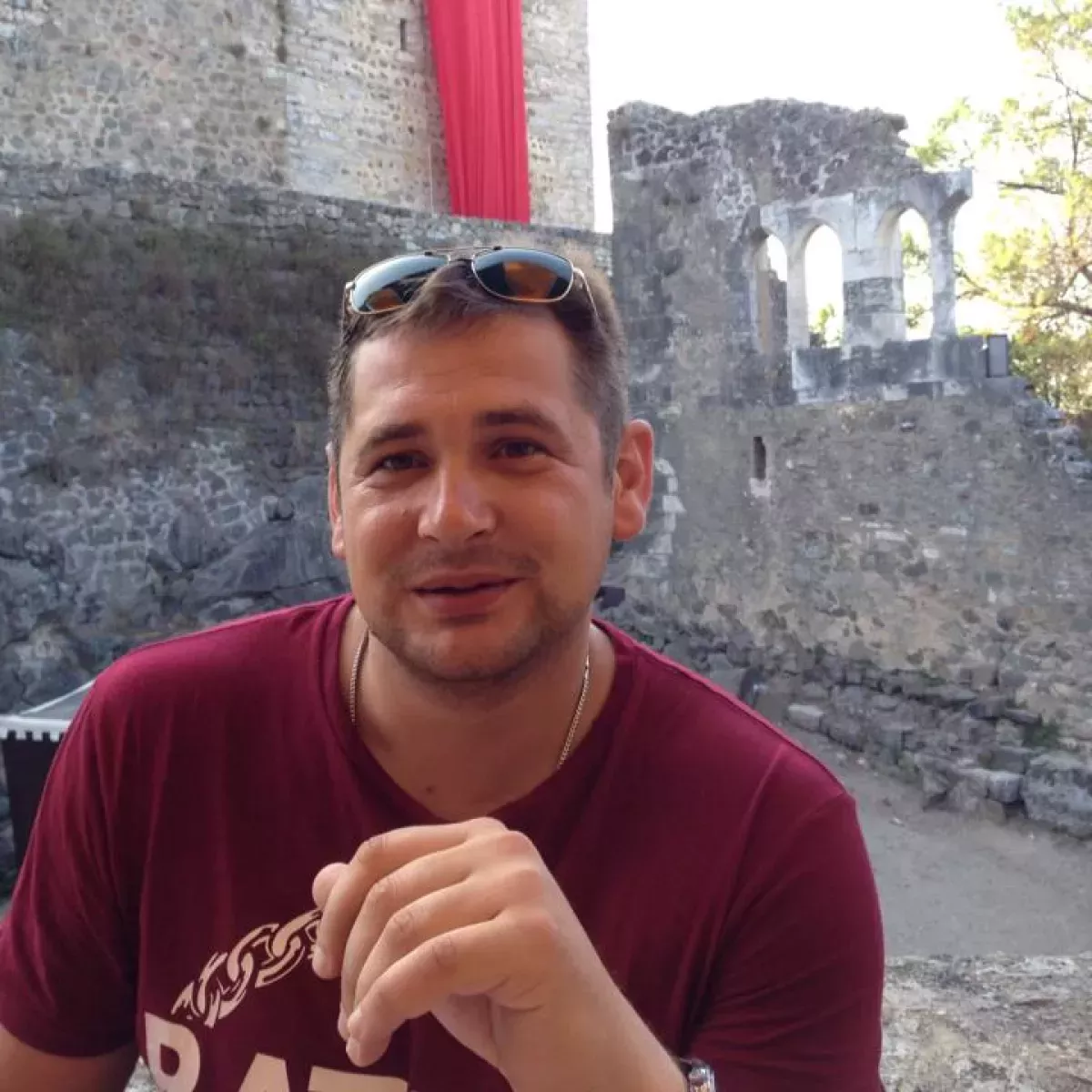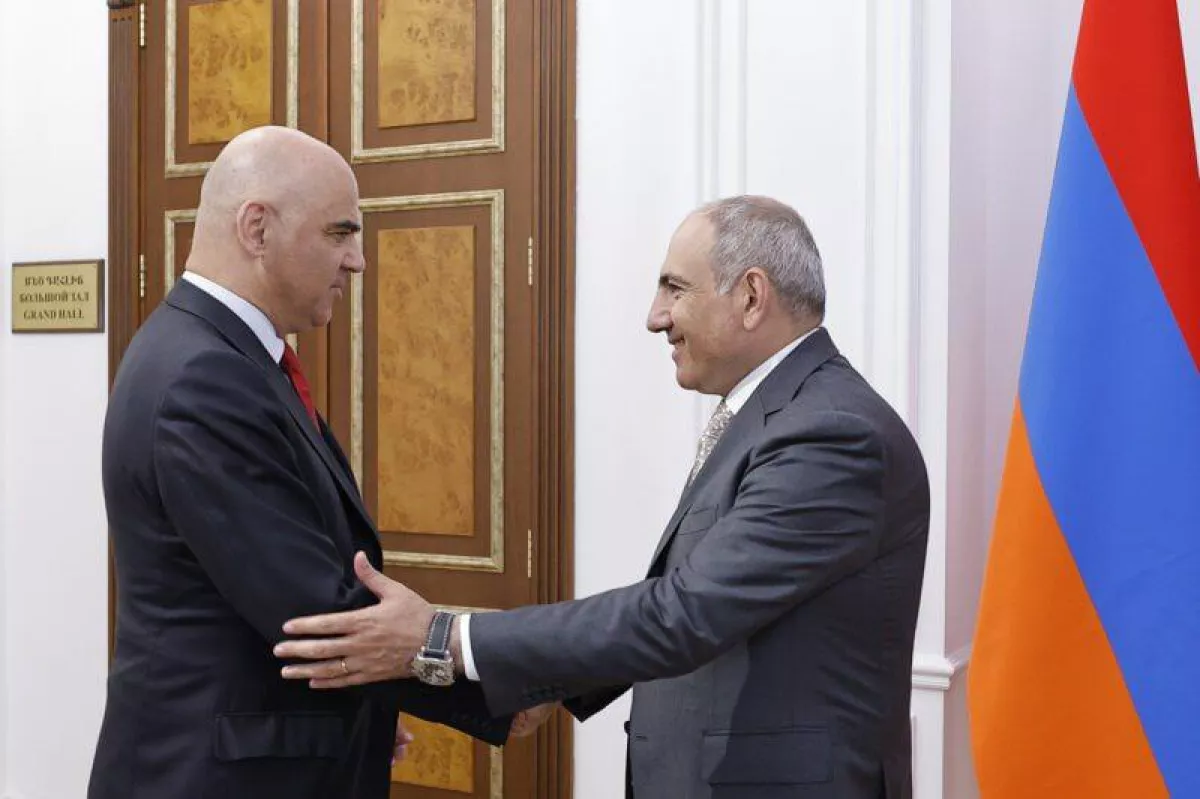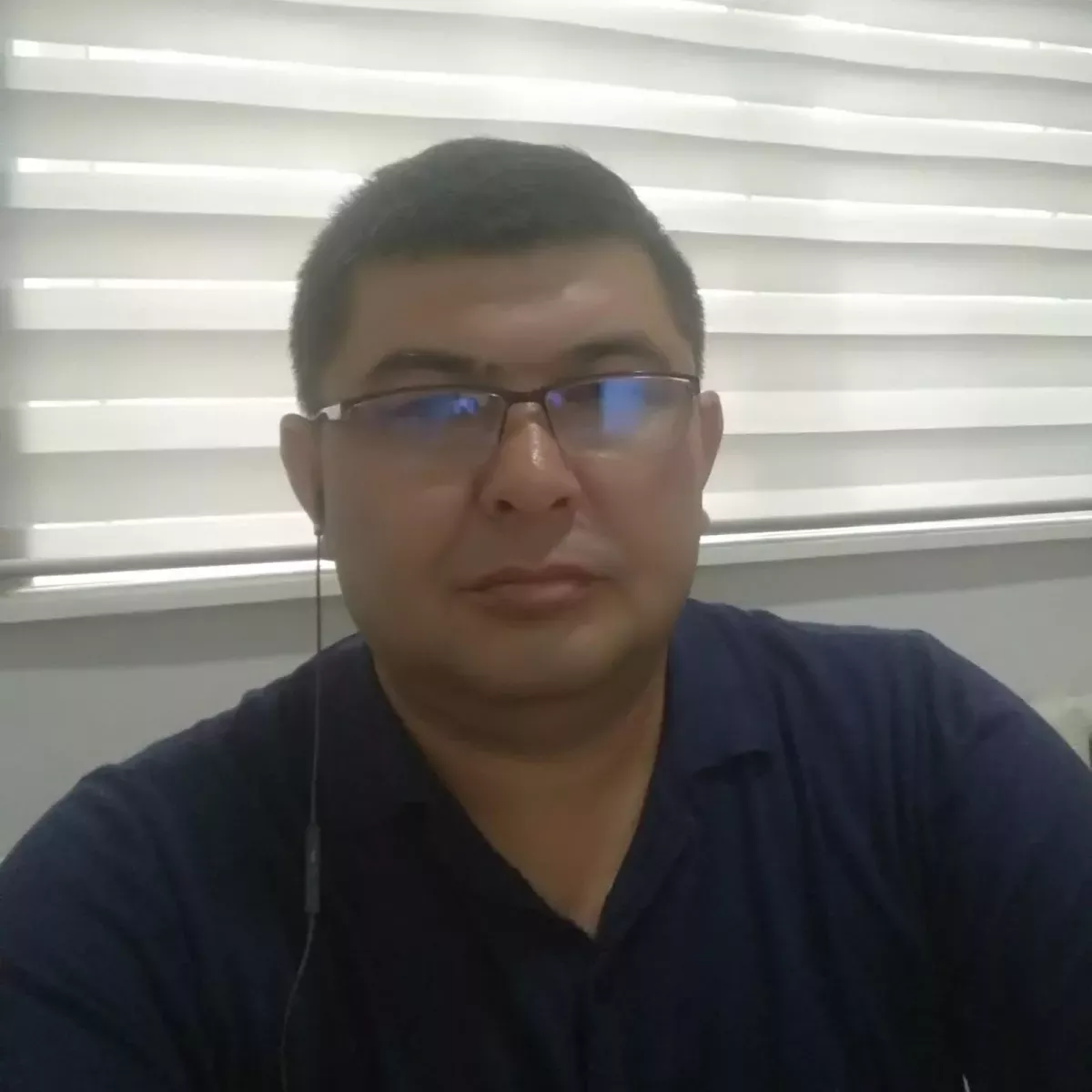"Europe doesn’t want peace between Baku and Yerevan" Expert opinions on Caliber.Az
A visit for the sake of appearances – this is the impression left by the Secretary General of the Council of Europe, Alain Berset, during his trip to Armenia. The Secretary General once again reaffirmed the Council of Europe’s support for the prompt signing of a peace agreement between Armenia and Azerbaijan. He also discussed support for Armenia’s ongoing democratic reforms, which, according to Armenian media, aim to strengthen institutions and are “focused on protecting human rights and ensuring the resilience of host communities responding to refugee flows.”
There is a clear sense that all of the above is nothing more than a string of meaningless phrases – particularly the part about “resilience of host communities responding to refugee flows,” which is hardly relevant in Armenia, where such issues simply do not exist and never have. What real contribution can the Secretary General of the Council of Europe make toward the swift conclusion of a peace deal with Azerbaijan? And why does Yerevan even need such visits from Euro-officials? These are the questions Caliber.Az’s correspondent posed to international experts.

For example, Austrian political scientist Rudolf Valeev believes that Yerevan, in its destructive course actively encouraged by the EU, is heading toward disaster.
“What is Yerevan occupied with now, and what is it proclaiming? It is empty talk about a peace treaty and Prime Minister Pashinyan’s struggle with the Armenian Church. Beyond declarative statements, no real work is being done on the peace agreement. Where are Yerevan’s efforts to build a consensus of trust with Baku, providing clear guarantees that the new Armenian constitution will not contain territorial claims against Azerbaijan?
At the same time, Pashinyan has repeatedly made contradictory statements regarding the ‘Armenian’ perspective on this issue — sometimes considering the question of territorial claims in the constitution a problem for Armenia, and at other times denying it. The visit of the Secretary General of the Council of Europe to Yerevan follows the same pattern: a series of formal meetings with top officials, grandiose statements about the urgent need to conclude a peace agreement between Azerbaijan and Armenia, but without any real desire to delve into the substance of the matter.
Moreover, what kind of work is the Council of Europe actually doing to support the ongoing democratic reforms in Armenia, and who needs it, when the most important thing now is to sign a peace treaty between the parties that will lay the foundation for stability in the region?

If the Council of Europe is truly concerned about peace in the South Caucasus, then why are there no calls in its dialogue with Yerevan for amendments to the Armenian constitution? It turns out that the essence of the visit is not about seeking constructive approaches to establishing peace in the region, but merely creating the appearance of such efforts. Repeated calls from Yerevan to sign a peace treaty, in which Armenia supposedly ‘agrees to everything,’ resemble more a theatre of the absurd than genuine diplomatic work. Baku views these statements with growing irritation.
Moreover, against the backdrop of Armenia acquiring new weapons, its so-called ‘peace initiatives’ truly appear strange, yet the European Union doesn’t seem particularly concerned about this. Without addressing Baku’s worries on the matter, Pashinyan maintains tension in the region, putting his own hold on power at risk, since he cannot guarantee either peace or war to the people, which undermines his trust rating among the population. It is clear that he is unable to take concrete steps on this issue.
Structures like the Council of Europe and other EU political institutions are evidently satisfied with this state of uncertainty. They do not want peace in the region; they want a prolonged armed conflict in which they can act as mediators and expand their influence in the South Caucasus,” stated Valeev.

Kyrgyz political scientist and PhD candidate Umar Mutaliev noted that Yerevan’s main interest in hosting such a high-ranking European official is simply the funds allocated by the West for carrying out democratic reforms in Armenia—an appearance of which is desperately being created in the country.
“The action plan for Armenia for 2023–2026, with an initial budget of 19 million euros, is a welcome boost for the officially cash-strapped Yerevan. For the sake of this money, Pashinyan is ready to perform various tricks and manoeuvres—even making statements that might impress and please the EU.
Everything else is just castles in the air on Yerevan’s part. Europe is so discredited that it is unable to offer effective initiatives for a peaceful settlement. The deeper Yerevan delves into the process of ‘fraternising’ with the EU, the worse the negotiation process will go,” said Mutaliev.








